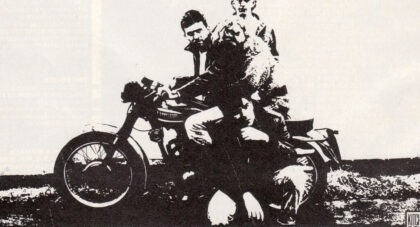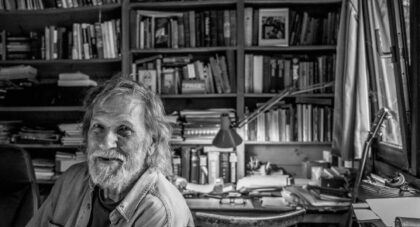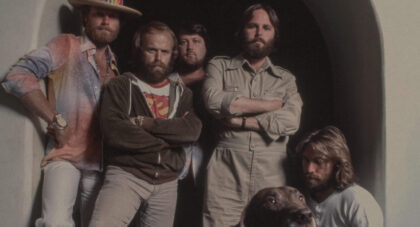On Wilco's Cruel Country, Jeff Tweedy takes a dazed look around. He joins us to discuss why it felt important to cut the new album live, the influence of the Grateful Dead, and what it feels like to inhabit Yankee Hotel Foxtrot 20 years later . . .
Only the good shit. Aquarium Drunkard is powered by its patrons. Keep the servers humming and help us continue doing it by pledging your support.
To continue reading, become a member or log in.


